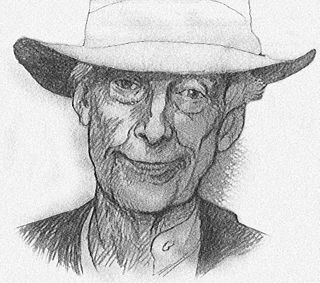A Quote by Jim Broadbent
I think we all have a selfish gene which rises to the top, sometimes. But then we're also all capable of a sudden magnanimity.
Related Quotes
For my part, I rather distrust men or concerns that rise up with the speed of rockets. Sudden rises are sometimes followed by equally sudden falls. I have most faith in the individual or enterprise that advances step by step. A mushroom can spring up in a day; an oak takes 50 years or more to reach maturity. Mushrooms don't last; oaks do. The real cause for an enormous number of business failures is premature over-expansion, attempting to gallop before learning to creep. Sudden successes often invite sudden reverses.
Most people think, "Life sucks, and then you die." I disagree. I think life sucks. Then you get cancer. Then you go into chemotherapy. You lose all your hair, you feel bad about yourself. Then all of the sudden the cancer goes into remission, and then all of the sudden you have a stroke. You can't move your right side. And then, maybe, you die.
To create anything — whether a short story or a magazine profile or a film or a sitcom — is to believe, if only momentarily, you are capable of magic. These essays are about that magic — which is sometimes perilous, sometimes infectious, sometimes fragile, sometimes failed, sometimes infuriating, sometimes triumphant, and sometimes tragic. I went up there. I wrote. I tried to see.

































